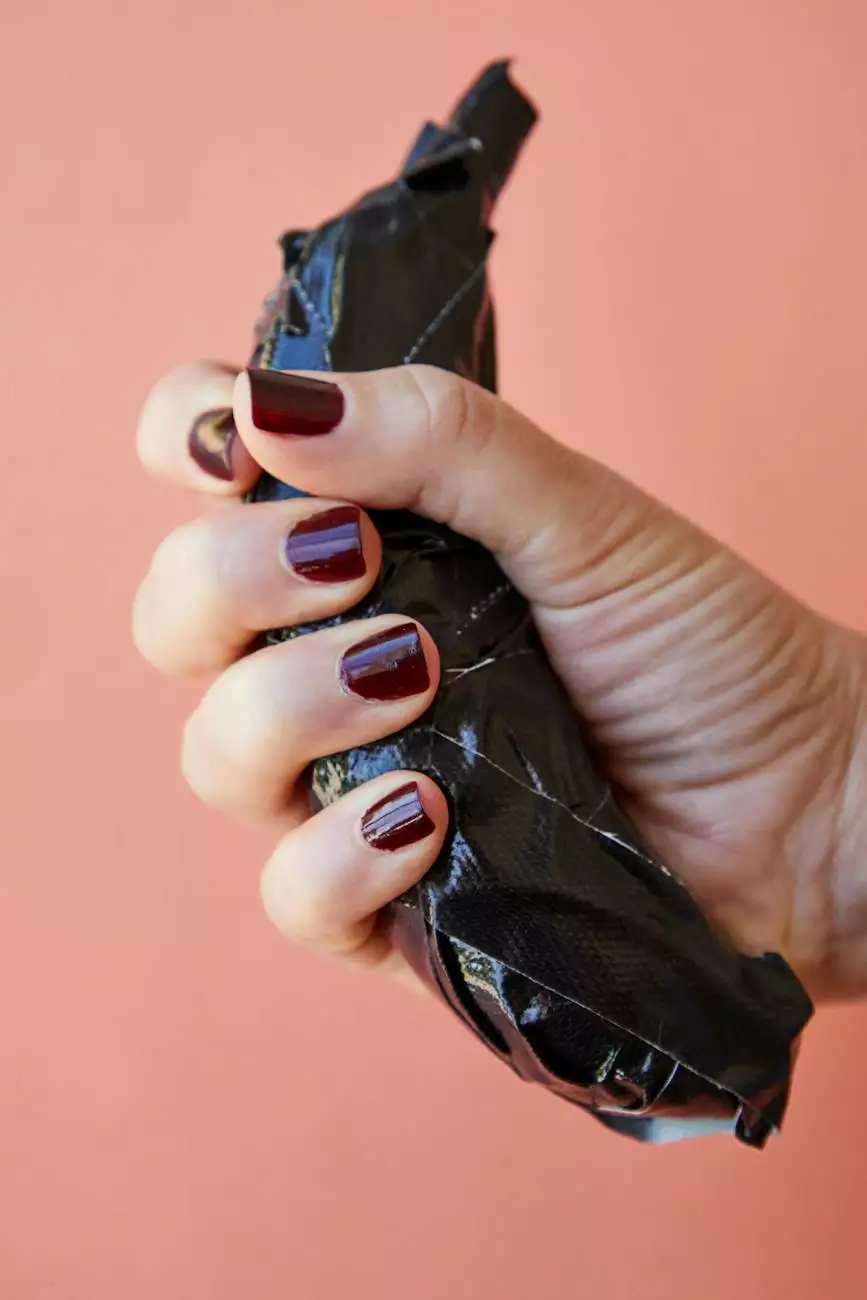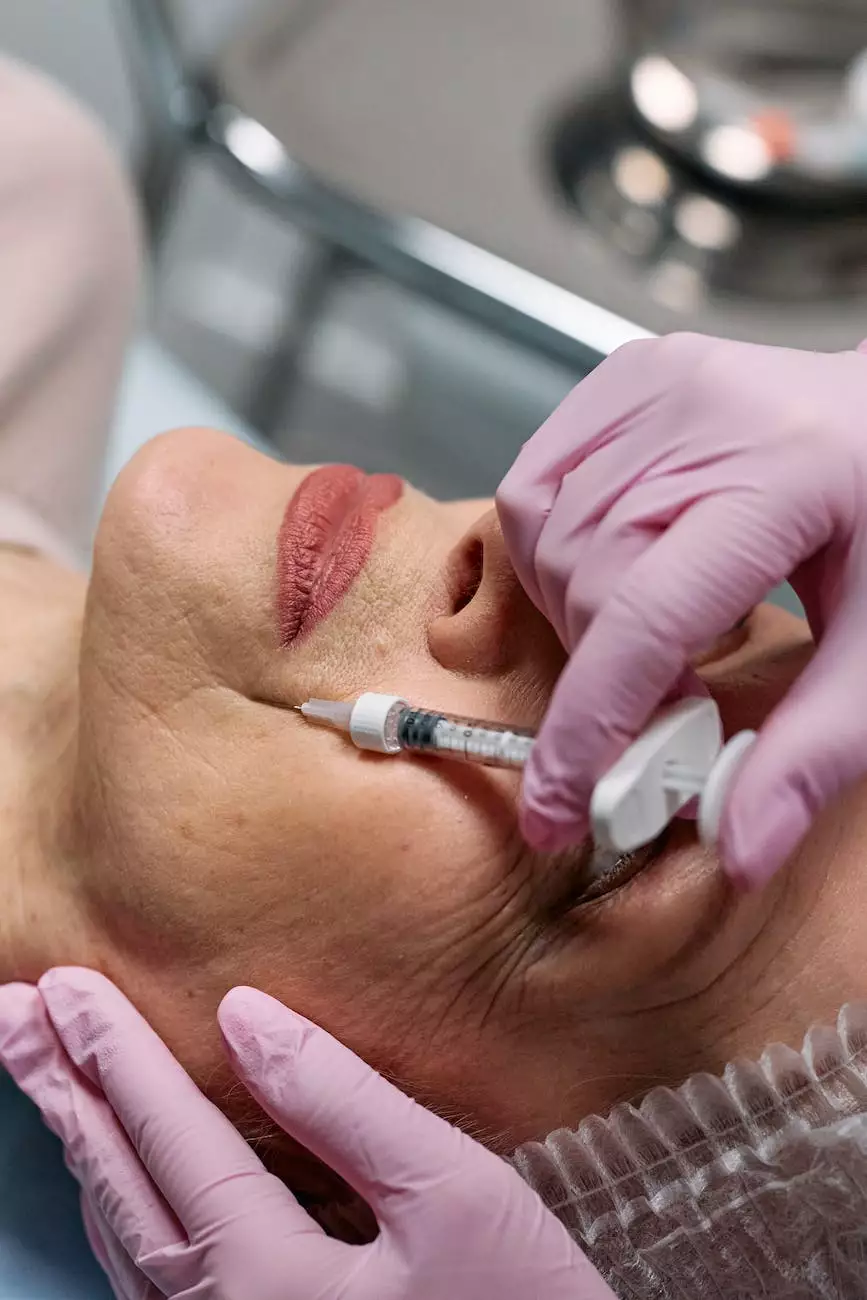Rosacea: Causes and Treatments
Skin Care
About Rosacea
Rosacea is a common skin condition that affects millions of people worldwide. It is characterized by persistent redness, visible blood vessels, and sometimes small pimples on the face. While the exact cause of rosacea is unknown, certain triggers and factors can contribute to its development and aggravation.
Causes of Rosacea
There is no single known cause for rosacea, but several factors have been linked to its development:
1. Genetics
Research suggests that genetics may play a role in the development of rosacea. If you have a close family member with rosacea, you may have a higher risk of developing the condition.
2. Triggers
Various triggers can worsen rosacea symptoms. These triggers can vary from person to person but may include:
- Hot or spicy foods
- Alcohol consumption
- Extreme weather conditions
- Stress
- Certain skincare products
3. Demodex Mites
Demodex mites are tiny organisms that naturally reside on the skin. In individuals with rosacea, these mites may become more abundant and trigger an inflammatory response.
4. Blood Vessel Abnormalities
Abnormalities in facial blood vessels have been associated with rosacea. These vessel abnormalities may contribute to the redness and flushing experienced by individuals with rosacea.
Treatment Options
While there is no cure for rosacea, there are several treatment options available to manage and minimize symptoms:
1. Medications
Topical or oral medications can be prescribed to reduce redness, inflammation, and pimples associated with rosacea. These medications may include antibiotics, anti-inflammatories, or acne medications.
2. Lifestyle Changes
Modifying certain lifestyle factors can help manage and control rosacea symptoms. These changes may involve avoiding triggers such as hot foods, alcohol, and extreme temperatures. Establishing a gentle skincare routine and using non-irritating products can also be beneficial.
3. Laser and Light Therapies
Laser and light-based treatments can effectively reduce the appearance of visible blood vessels and redness associated with rosacea. These treatments target the excess blood vessels while leaving the surrounding skin unharmed.
4. Dermatological Procedures
In some cases, dermatological procedures such as chemical peels or microdermabrasion may be recommended to improve the overall appearance of the skin affected by rosacea.
Consult with Smith, Arthur F, MD
When it comes to managing rosacea, seeking professional advice from a qualified dermatologist is crucial. Smith, Arthur F, MD specializes in treating various skin conditions, including rosacea. With years of experience and expertise, Dr. Smith can provide personalized treatment plans tailored to your specific needs.
Don't let rosacea control your life. Contact Smith, Arthur F, MD today to schedule a consultation and take the first step towards achieving clearer, healthier skin.










